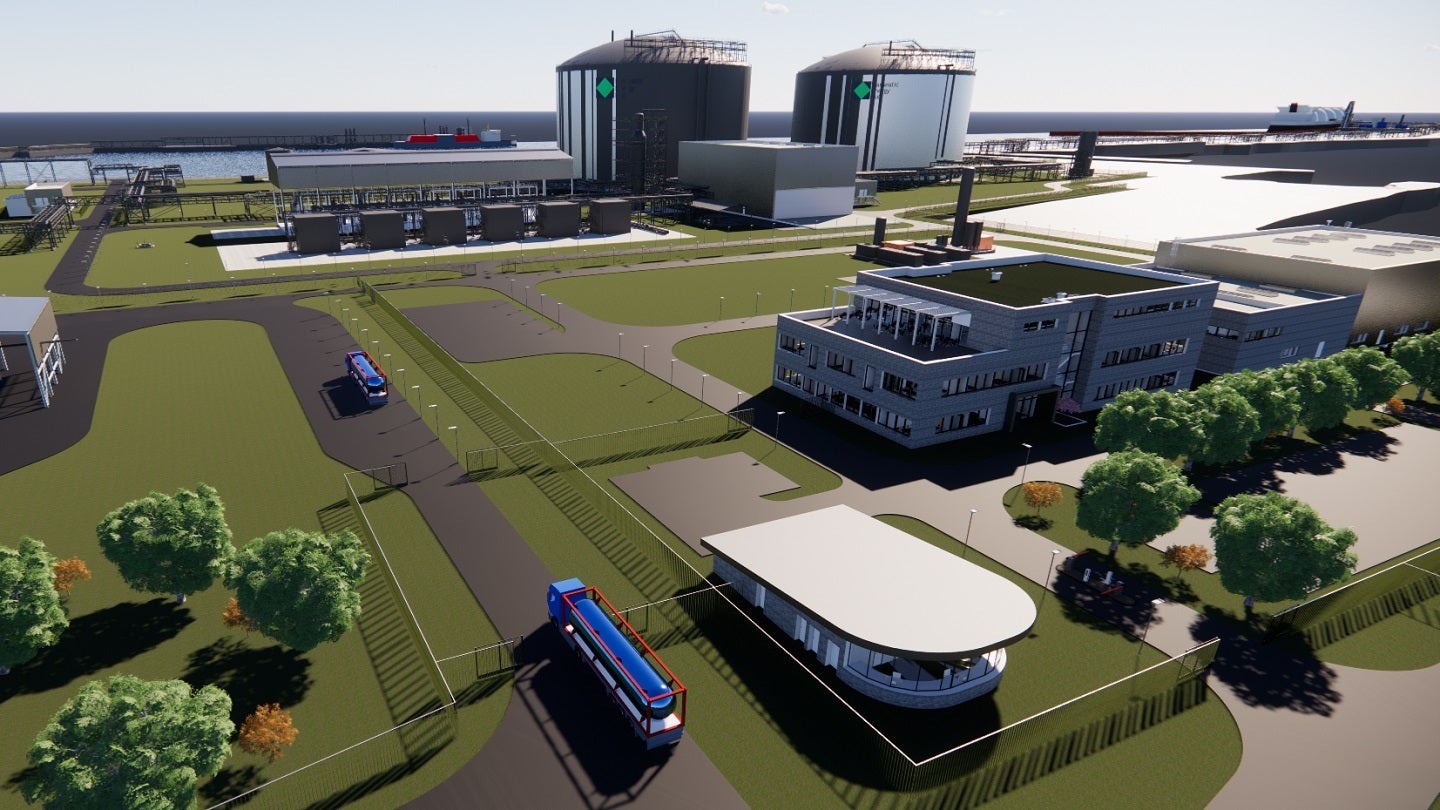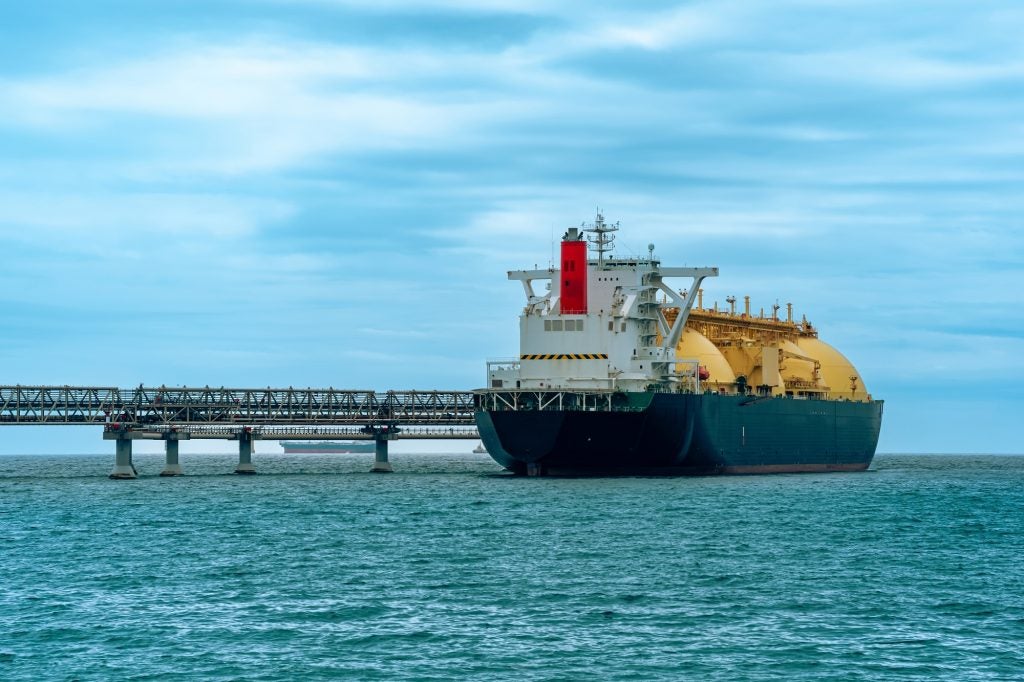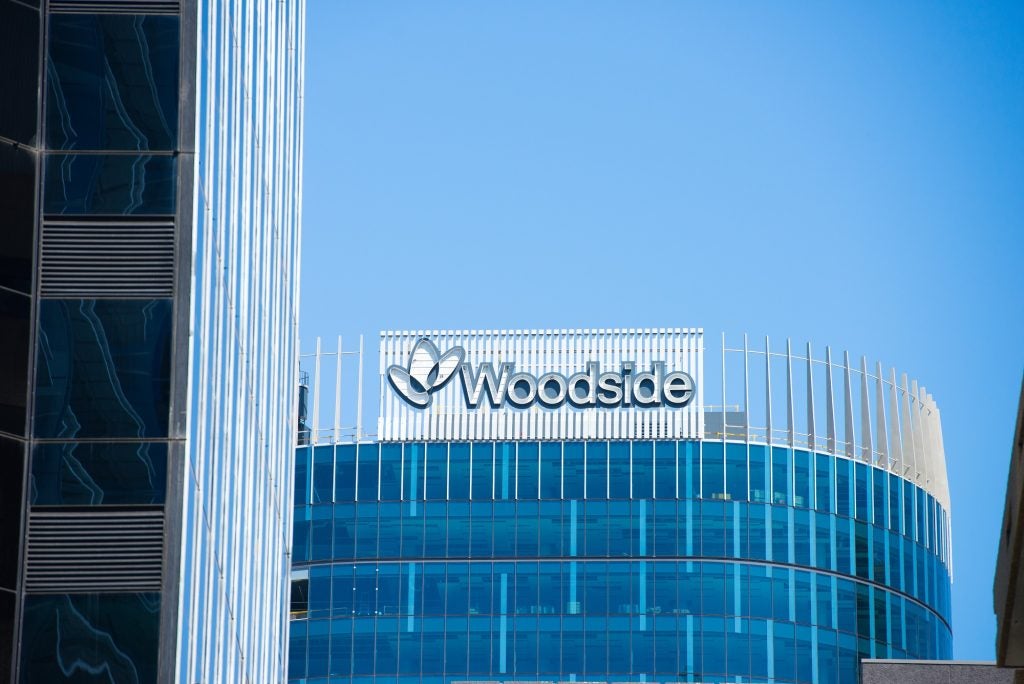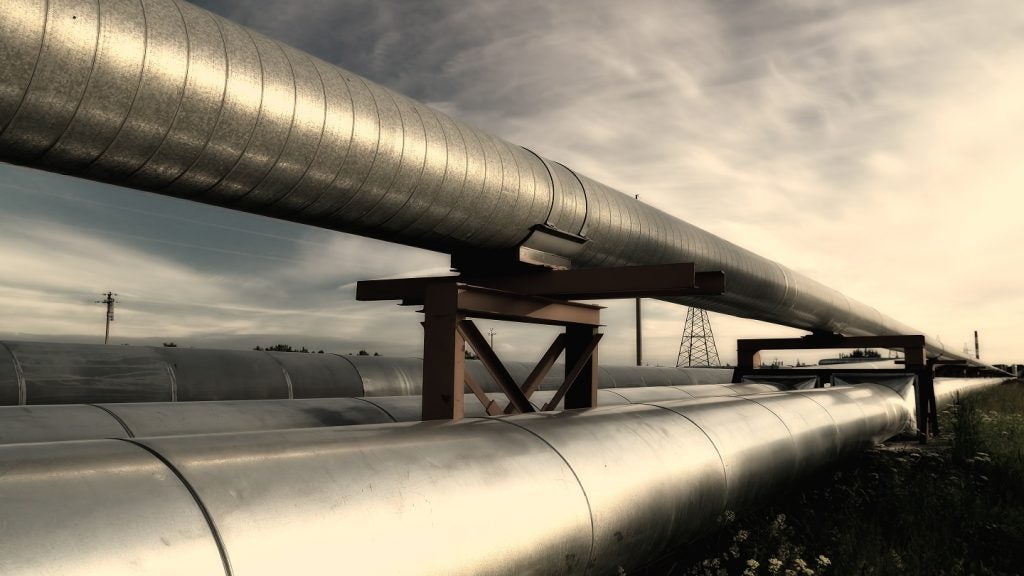
German energy company EnBW has secured three billion cubic metres (bcm) per annum of capacity at Hanseatic Energy Hub’s (HEH) planned Stade liquefied natural gas (LNG) import terminal in Germany.
In December 2022, EnBW booked 3bcm per annum of capacity at the terminal. The latest move doubles EnBW’s booking capacity to 6bcm.
These bookings cover the option to move to ammonia as a hydrogen-based energy source at a later date.
A final investment decision for the proposed HEH is scheduled for mid-2023.
With a regasification capacity of 13.3bcm per year, the land-based hub is due to be commissioned in 2026.
EnBW sustainable generation infrastructure board member Georg Stamatelopoulos said: “LNG is important to secure the gas supply in Germany during the period of the energy transition and builds the bridge to green energy supply.
“The conversion of liquefied natural gas to hydrogen-based energy sources such as ammonia is already planned at the LNG terminal in Stade. So the cooperation with the Hanseatic Energy Hub fits in very well with our efforts to become climate-neutral by 2035.”
HEH shareholders include the German logistics group Buss, Belgian gas transport networks group Fluxys, Swiss investment company Partners Group and chemicals company Dow.
Recently, a consortium of Técnicas Reunidas, FCC and Entrade was selected by HEH to design and develop the emission-free LNG regasification terminal in Germany.
Under the contract, the consortium will be responsible for the engineering, procurement and construction of a new storage and regasification terminal for liquified gases in the river port of Stade, Hamburg.




